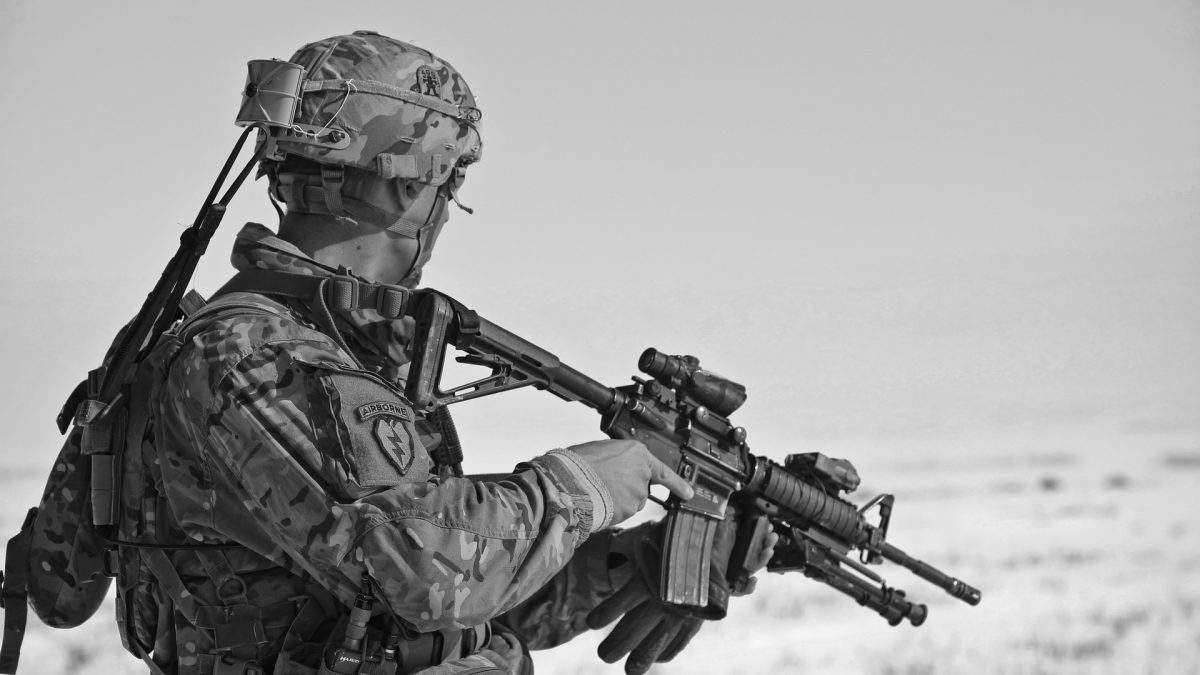
Do You Own A Law Firm? Here’s How To Advertise It Properly
December 29, 2021
Why Lawyers Should Care about Accounting
January 2, 2022Your eligibility for SCRA benefits may be affected by your military service. You may still be qualified for various protections under the Act even if you are not on active duty but are a Title 10 reservist, a Guard member, or a retired veteran with an honorable discharge.
As soon as you decide to join the military or receive orders to begin training, get in touch with your lender or servicer. Insist that any delinquencies be put on hold until you return from duty. Provide them with proof of your position as a serving member of the armed forces. Click here to verify your military status.
Your lenders’ contact information may have changed as a result of your deployment. Using the Personal Financial Management webpage of the Department of Defense, you can obtain a copy of your Leave and Earnings report.
A 60-day grace period (in addition to the 30-day grace period already provided) on any interest accrued while military duty is required by your lenders. In addition, federal legislation stipulates that military members may request a 12-month deferral of their payments.
Send your lender proof of your Honorable Discharge as soon as feasible following your release (DD214). As a precaution, make sure to inform them if you’ve gotten orders for additional training or deployment. This is important to keep in mind: Lenders are not compelled under state or federal law to grant deferments based on anticipated future deployment or training. You may be asked by your lender to provide documentation of any upcoming deployments or training.
As long as you can provide your lender a copy of your deployment orders, which the Department of Justice understands don’t always have a clear start and finish date, you should be fine.
The mere fact that you are under SCRA protection does not entitle you to stop paying payments on a loan. Even if your payment amount stays the same, you’re still obligated to pay back the debt. Just because you’re serving in the military doesn’t mean your interest rate won’t rise. As long as you make regular payments as stipulated in your promissory note, lenders will maintain their standard rates (i.e. the minimum payment).
Providing your lender with a copy of your official military orders or an approved DoD form that defines you as activated, deployed, or on temporary service away from home is a smart method to confirm your eligibility for SCRA benefits.
When you’re activated, mobilized, or on temporary duty, you should maintain in touch with your lenders and send them copies of the orders that designate you as such. Make sure they know how long your activation is for so they can document their compliance with the law in writing. Keep in mind that if you stop making loan payments because you are covered by the SCRA, you may lose your military deferment protection.
What if my time in the military doesn’t match the length of my loan term?
Nothing matters. The SCRA protects all of your loans if you are on active duty for a period of time that covers more than one term of your loan. This federal law does not require you to pick and choose which loans or how much debt you want to be covered. It will not be accelerated, late, or subject to penalty penalties if it is covered by the military service dates on your orders as long as SCRA protects it from non-payment. Under the Servicemembers Civil Relief Act, be aware of your rights (SCRA)
What protections does the SCRA provide to active-duty service members?
Military personnel on active duty are fully protected by the SCRA. Your military salary is predetermined when you are sent to active duty. Even if the amount you owe fluctuates, this income is guaranteed for as long as you’re in the military. It is presently illegal for the Federal Reserve to alter interest rates in response to a borrower’s military service or the terms of a loan, credit card, mortgage, or any type of debt taken out prior to joining the military. An obligation that you had to fulfill prior to military service can only be protected if you are currently serving in support of a contingency operation on active duty after October 1, 2003. This means that any new debts must be kept separate from your SCRA protections.
What should you know about SCRA?
If you served in the military before October 1, 2003, you are entitled to a 6% interest rate on any loans you took out prior to joining the military. Capitalized interest charges are not included in this figure. If you’re also in a conflict zone, the percentage cap rises to 10%. If you are in a battle zone, you may be eligible for up to one-third of your unpaid principal sum to be forgiven.
The SCRA permits you to decrease your debts to 6% or 4% while you are on active duty. Unless your creditor agrees to do so, you will need to contact them. There is no automatic debt reduction like there is with student loans. In another example of debt relief, a guy got his cell phone bill cut from $80 to $20 per month because he demonstrated that he couldn’t afford to pay it at its original cost and that a lower rate would allow him to afford to pay. Debt collectors cannot report you as late or impose penalties on your accounts, nor can they cancel rewards programs.
You are either a member of the military or the spouse of a member of the military who served or died in the military.
- When the Servicemembers Civil Relief Act (SCRA) is in effect, the maximum interest rate that can be charged on military loans is 6 percent.
- There is a 4% cap on interest rates on debts when the SCRA is in effect (26 USC 162(d)(2)). It’s important to note that if your active duty was scheduled at the time you signed up, it is not covered even if it was extended after you signed up unless you were advised of the extension at that time. In order to be covered, each period must have lasted a minimum of 90 days.
- 26 USC 162(d)(1) states that the interest rate cannot be reduced below 6%.
- On the basis of time served (90 days to less than a year) or the type of duty done (where more specific regulations apply), debt coverage is determined. Interest rates may be lowered in these circumstances, but they may not be lowered below 4%.
- Withdrawals from your IRA are tax-free while you’re in the military and for three years after you leave the military if you’re in a combat zone.
- No more than one day’s absence from duty is required for members of the active reserves and National Guard to be considered “active duty.”
- 26 CFR 1.518-6(b) states that the interest rate cannot be raised above the typical consumption rate (2). 1/8 percent is lower than the Federal Reserve discount rate or 8 percent, whichever is greater.
- To improve your credit score, some debts are exempt from being included in your credit report. Student loans and child support are two examples of obligations that are exempt from this rule, as are debts discharged in bankruptcy after October 7, 2005 (11 USC 523), debts for death or personal damage caused by an automobile accident, and debts payable to tax authorities (26 USC 6501).





